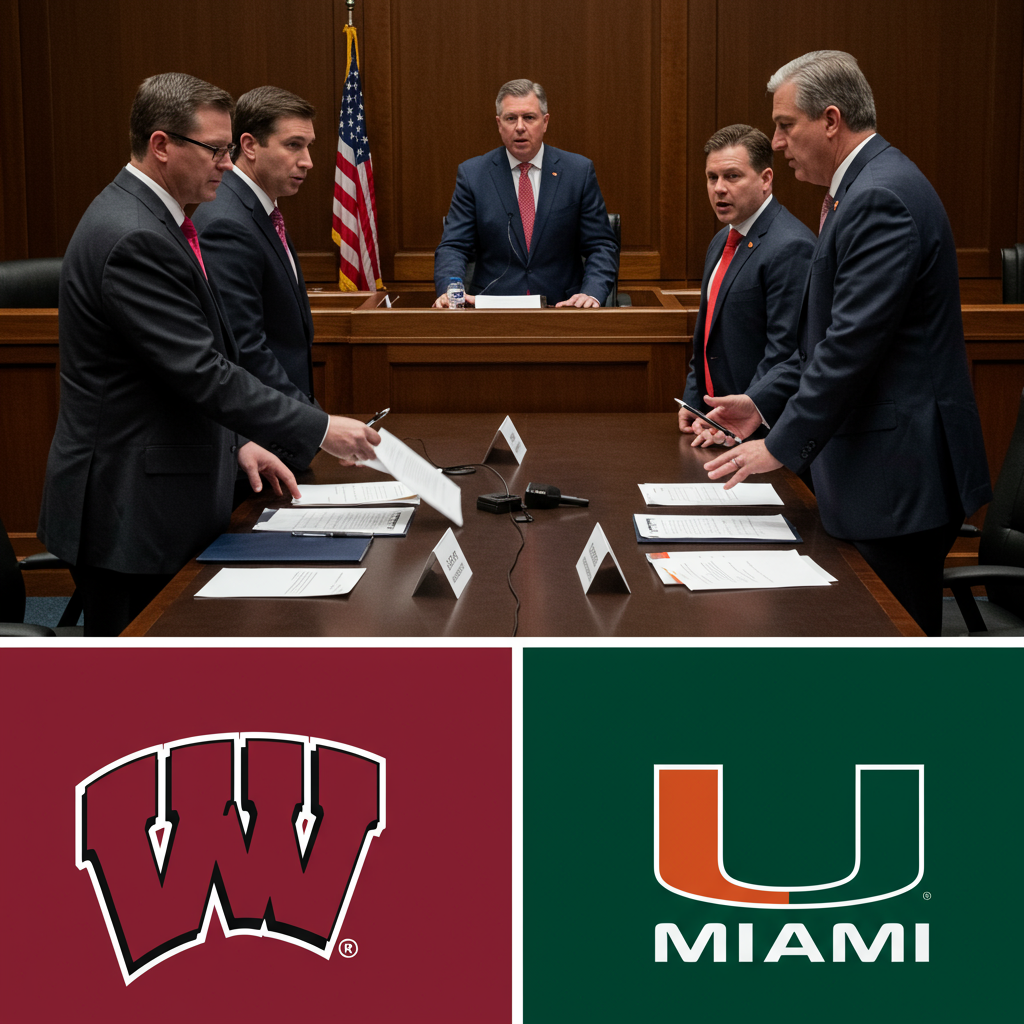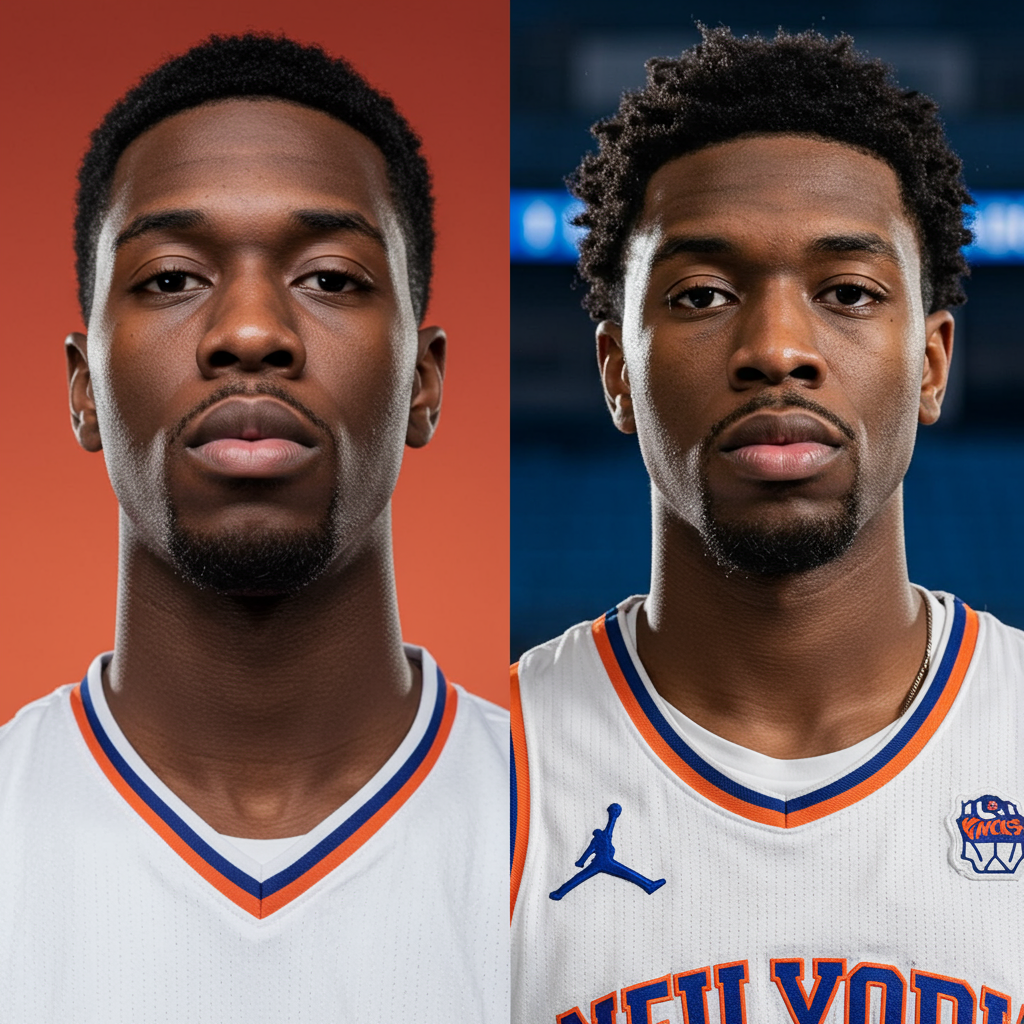In an unprecedented move shaking the college football landscape, the University of Wisconsin and its Name, Image, and Likeness (NIL) collective have filed a lawsuit against the University of Miami. The suit, lodged in state circuit court, centers on allegations that Miami improperly tampered with and poached former Wisconsin defensive back Xavier Lucas, who transferred to Miami in January.
This legal action marks the first known instance of one university suing another over the recruitment of a player while they were reportedly under a binding contract with the initial school. Wisconsin is seeking unspecified financial damages, as well as transparency and accountability from Miami, requesting a judgment that Miami’s actions were wrongful interference.
The Core Allegations: Contract Interference
At the heart of the lawsuit is a two-year revenue-share agreement that Xavier Lucas reportedly signed with Wisconsin in early December. This contract, intended to be binding and contingent on the recent House antitrust settlement allowing direct player compensation, was designed partly to deter tampering and stabilize rosters in the era of frequent transfers.
According to Wisconsin’s filing, Miami allegedly engaged in “impermissible contact” and “tampering” with Lucas, despite being aware of his existing contract with the Badgers. The suit characterizes Miami’s alleged actions as “intentional” interference that was “not justified or privileged” and directly caused Lucas to “breach” his agreement with UW-Madison. Allegations include multiple contacts in December and January, including a visit to Lucas’s Florida home by a Miami coach and a prominent alumnus, who reportedly presented a more “lucrative” compensation offer.
Transfer Amidst Dispute
Just two weeks after signing the revenue-share agreement, Lucas reportedly requested to enter the NCAA transfer portal. However, citing the binding nature of the contract, Wisconsin refused to grant his request. NCAA rules typically require schools to approve portal requests, but Wisconsin maintained that the contract superseded this expectation.
To facilitate his move, Lucas bypassed the standard transfer portal process entirely. He unenrolled from Wisconsin in January and enrolled academically at the University of Miami, a move that skirted the NCAA’s requirement for portal entry for communication between schools. Lucas’s attorney had previously indicated plans to file an antitrust lawsuit against Wisconsin if the transfer was blocked, citing Lucas’s father’s serious illness as the reason for seeking the move, though Wisconsin’s suit reportedly questioned the consistency of the information provided regarding the transfer motive.
Wisconsin’s Stance and Broader Implications
Wisconsin stated they “reluctantly” filed the suit but are committed to maintaining integrity and fairness in collegiate athletics. Crucially, the university is not taking legal action against Xavier Lucas himself, focusing solely on the alleged actions of the University of Miami.
The Big Ten Conference has publicly supported Wisconsin’s position, emphasizing that “respecting and enforcing contractual obligations is essential to maintaining a level playing field.” The conference stated that Miami’s alleged actions knowingly ignored these obligations and disregarded the fundamental principle of competitive equity, calling them “irreconcilable with a sustainable college sports framework.”
This college football tampering lawsuit is being watched closely across the NCAA community. Its outcome could set a significant precedent regarding the enforceability of player contracts, particularly the new revenue-share agreements, and how alleged tampering is addressed legally between institutions in the dynamic NIL and transfer portal landscape. The case highlights ongoing challenges in regulating player movement and enforcing rules amidst evolving NCAA bylaws and prior court decisions that have loosened transfer restrictions.


